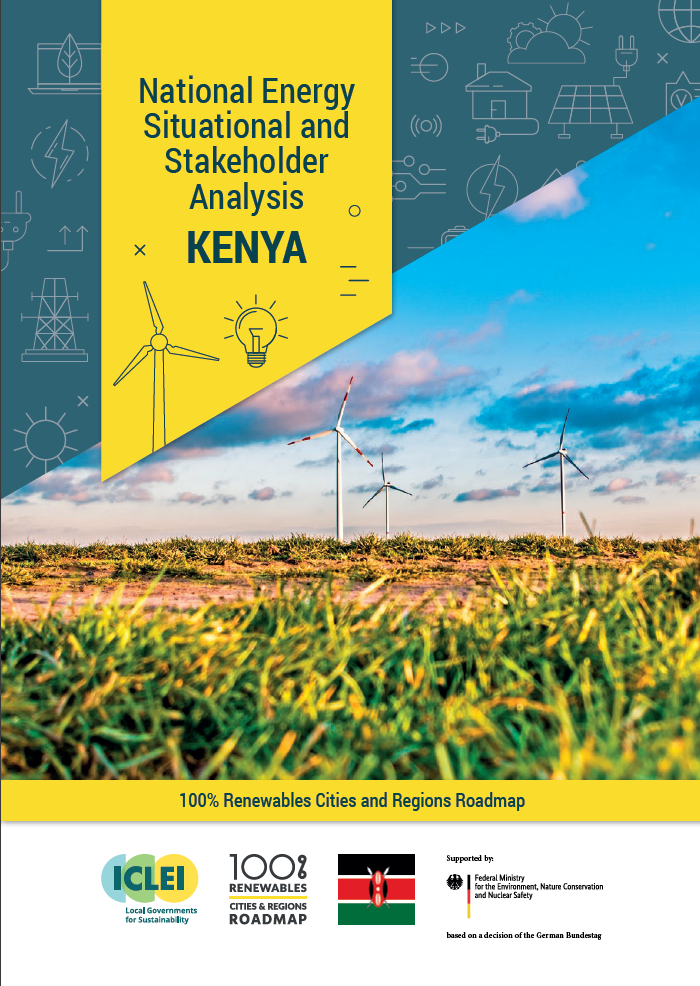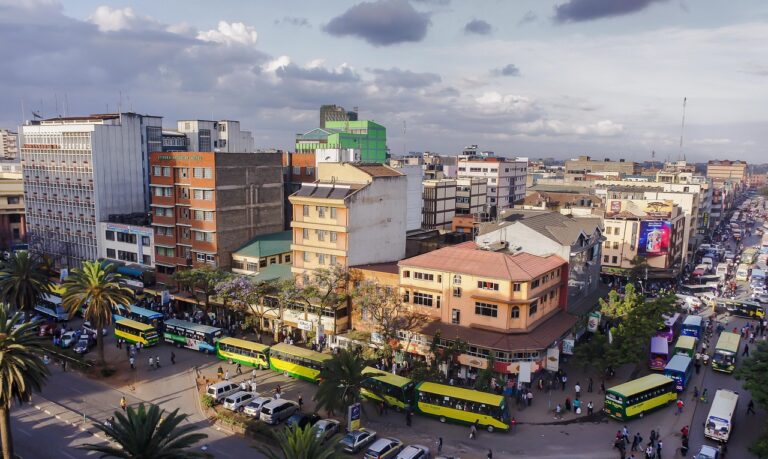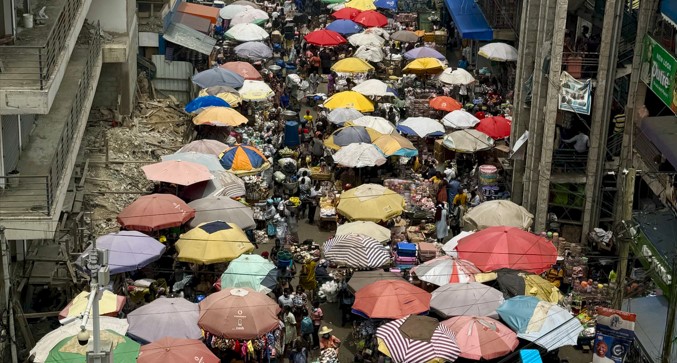Kenya: National Energy Situational and Stakeholder Analysis




Download:
Related ICLEI Pathway(s)
About
Resource summary
As a developing country, Kenya is still characterised by low access to electricity. However, as espoused in the 2018 Kenya National Electrification Strategy (KNES), the country wants to achieve universal electricity access by 20228, through main grid densification, intensification and expansion, as well as off-grid solutions. The strategy has a strong off-grid component and expects to provide approximately two million new connections by the year 2022. Already by 2018, 6.9 million people had been connected to the grid.
In addition to confronting energy access issues, and in support of the Paris Agreement, Kenya has announced its commitment to achieving a 30% reduction in its national greenhouse gas (GHG) emissions by 2030, relative to the business as usual (BAU) scenario of 143 MtCO2e. Kenya’s Nationally Determined Contribution (NDC) has identified six main sectors responsible for the country’s GHG emissions, where mitigation efforts are focused: energy (electricity generation); transportation; agriculture; land use, land-use change and forestry [LULUCF]; industrial processes and waste. However, this does not necessarily translate into a 30% emission reduction target for each of the individual six mitigation sectors, as each sector has widely differentiated mitigation potential as well as costs.10 The majority of Kenya’s GHG emissions result from the agriculture and land use, land-use change and forestry (LULUCF) sectors, most likely due to the high reliance on wood fuel by a large majority of the population.
With Kenya’s Vision 2030, every effort should be made to explore renewable resources to increase energy security for the country.
Related resources

TRACKING TRANSFORMATION: How African Cities Are Driving Global Climate Action Through Local Data

Resilient Municipal Market Fund (ReMark) Instrument Analysis


